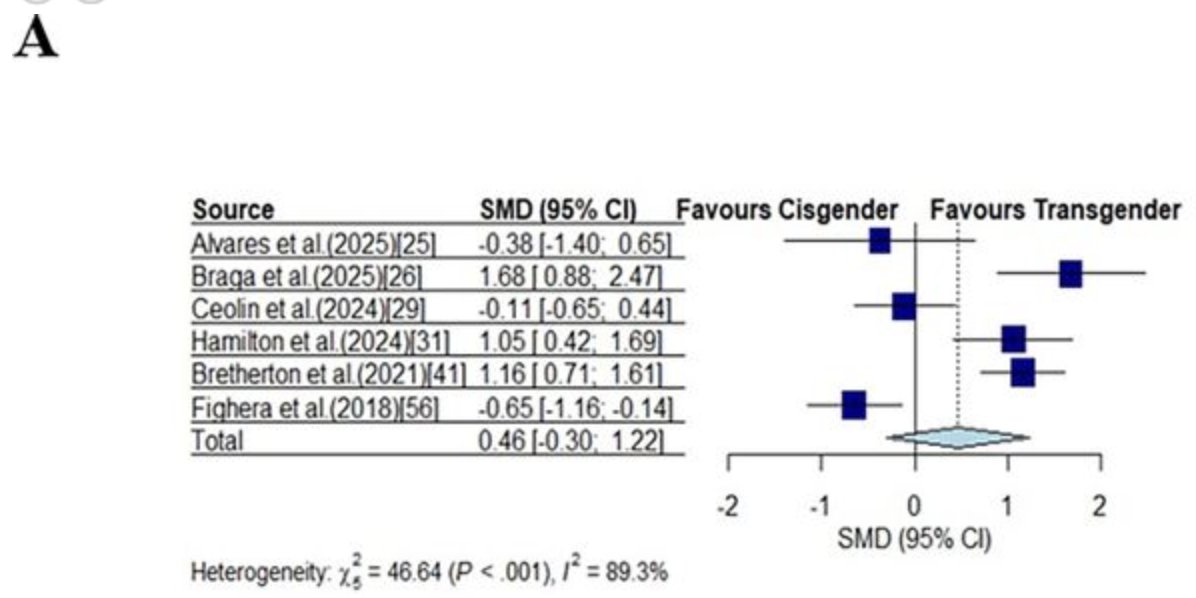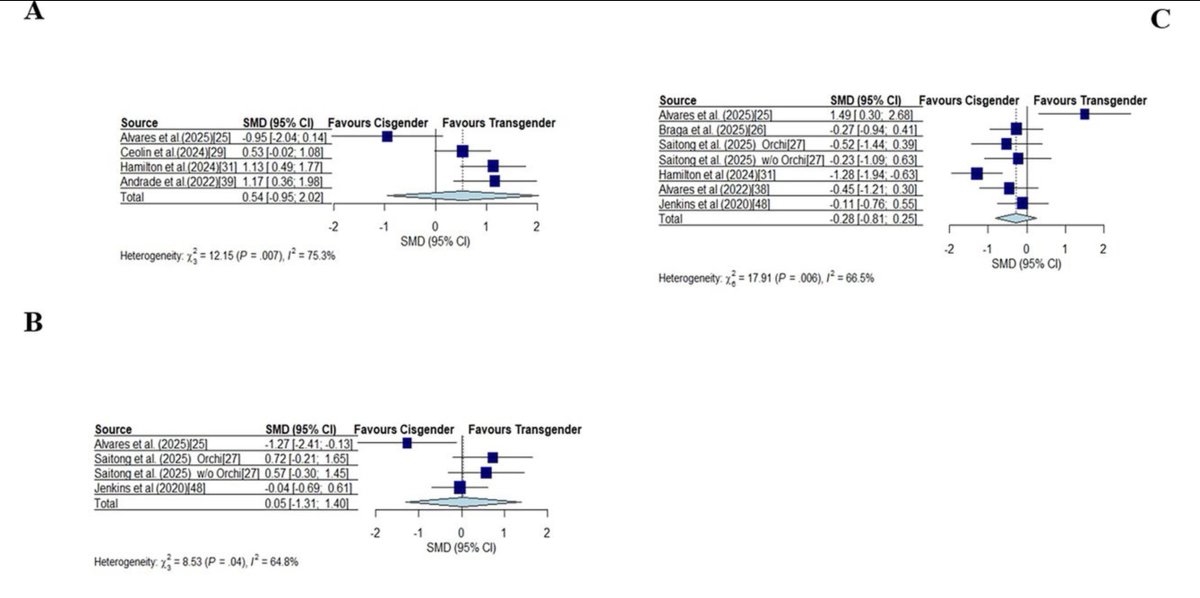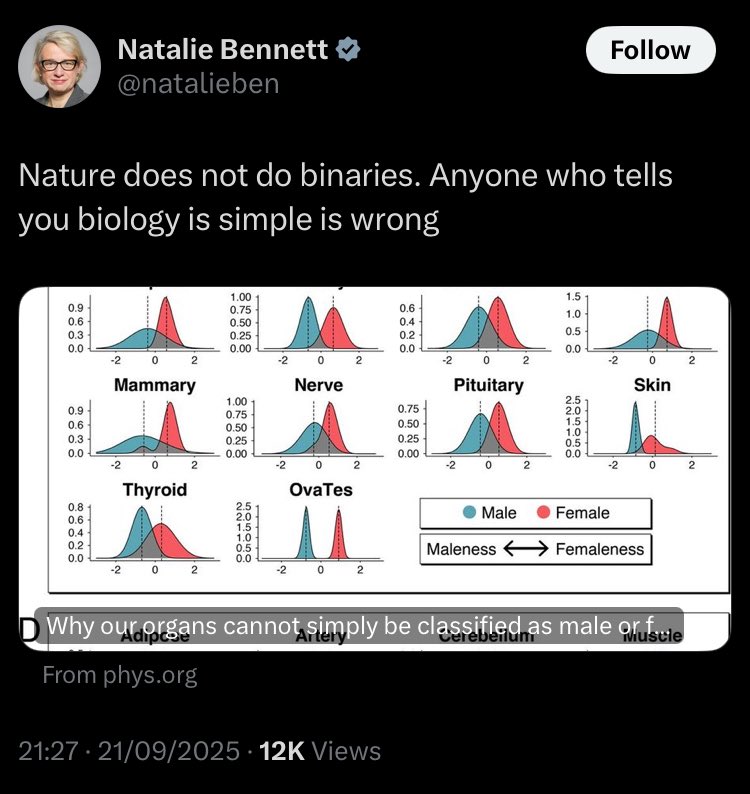Yesterday evening saw an interesting chat with French colleagues about adapting to gender neutrality/gender changes in a language where so much is gendered.
It seems we may have it easier in English.
It seems we may have it easier in English.
French extends beyond pronouns into nouns, adjectives etc. Not even ‘they’ is neutral.
The week before saw a comparison of gendered words between different gendered languages (French v Russian).
Example: Is ‘boat’ masculine across gendered languages? English language convention sees ‘boat’ (and other vehicles?) as feminine, despite no gendered noun.
Example: Is ‘boat’ masculine across gendered languages? English language convention sees ‘boat’ (and other vehicles?) as feminine, despite no gendered noun.
In societies where third gender categories exist, what language structures apply to that category? @HJoyceGender ?
• • •
Missing some Tweet in this thread? You can try to
force a refresh









